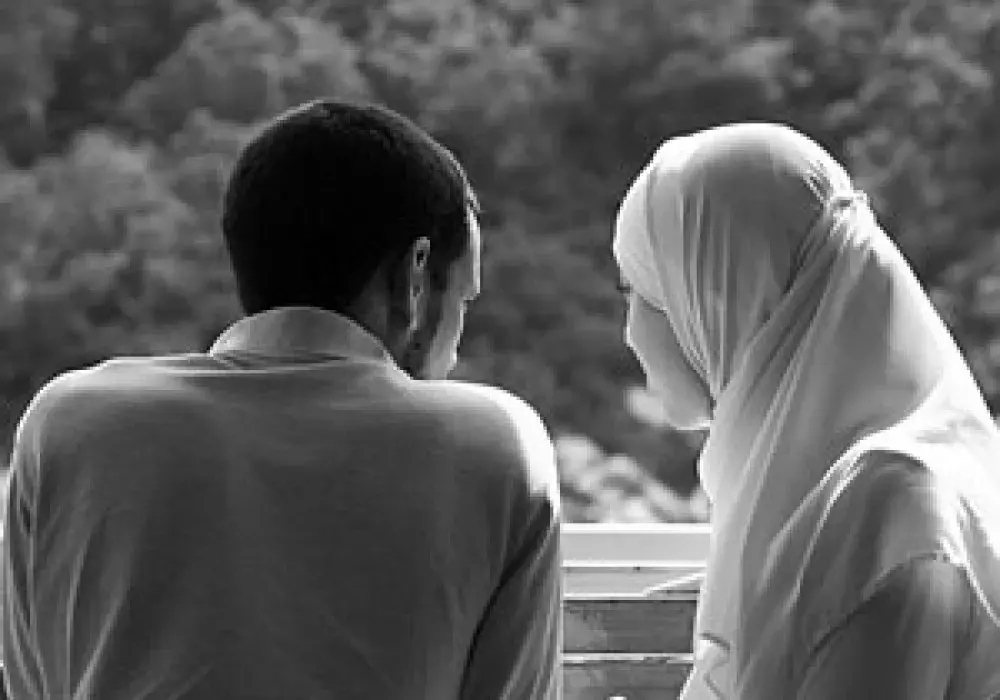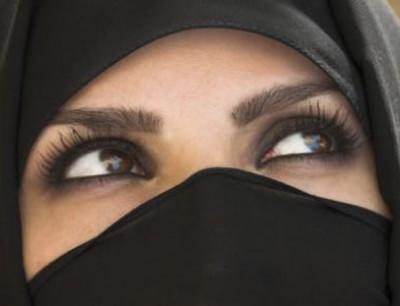Al-Azhar Highlights Ten Etiquettes for Treating the Elderly in Islam
The Al-Azhar Global Center for Electronic Fatwa outlined ten key manners that Muslims should observe when dealing with the elderly, emphasizing that respecting and honoring older people is a noble Islamic virtue rooted in compassion and humility.

In a recent statement, the Al-Azhar Global Center for Electronic Fatwa explained the essential etiquettes that Islam promotes toward the elderly, reaffirming that mercy, respect, and kindness are among the values that strengthen social solidarity and family ties within the Muslim community.
The center listed ten primary etiquettes: showing kindness and affection, assisting the elderly in their needs, addressing them politely, giving them precedence in speech and seating, listening attentively to their opinions, praying for their health, greeting them with peace, avoiding calling them by name alone, consulting them for advice, and refraining from improper behavior in their presence.
These principles, according to Al-Azhar, reflect Islam’s deep reverence for seniors, as the Prophet Muhammad (peace be upon him) said: “He is not one of us who does not show respect to our elders and mercy to our young.”
Dr. Ali Gomaa, a member of the Council of Senior Scholars at Al-Azhar, emphasized that caring for the elderly is a duty upon the entire society, pointing out that the rise in population and weakened social bonds have led to the isolation of many older individuals.
He added that nursing homes are not part of the original Islamic tradition, which encourages family and community care for the elderly, but rather institutions created to fill a social gap.
Dr. Gomaa concluded with the Prophet’s words, “Let the older speak first,” stressing that giving precedence to elders in speech and gatherings is a reflection of the moral discipline Islam upholds.
أوضحت عضو مركز الأزهر العالمي للفتوى الإلكترونية فضل ركعتي الفجر العظيم، وبيّنت حكم أدائهما إذا فات وقت الصلاة، مؤكدة أن أداء الفريضة أولًا هو الأصل، ثم تُقضى السنة بعدها إن أمكن.
الدكتور حسن القصبي، أستاذ الحديث بجامعة الأزهر، يفسر حديث النبي ﷺ «خُلقت من ضلع أعوج» مؤكداً أنه تكريم للمرأة وتأكيد على مكانتها في الإسلام لا انتقاص منها.
دار الإفتاء المصرية توضح أحكام الوضوء عند وجود الكحل في العين، وحكم الكلام أثناء الطهارة، مؤكدة ضرورة غسل الوجه كاملًا وبيان آداب الوضوء في الإسلام.
كشفت دار الإفتاء المصرية حكم تخصيص أحد الأشخاص بالدعاء له بالاسم أثناء الصلاة، موضحةً أن ذلك جائز شرعًا ولا حرج فيه، سواء في الفريضة أو النافلة، ما دام الدعاء في حدود الأدب والشرع.



